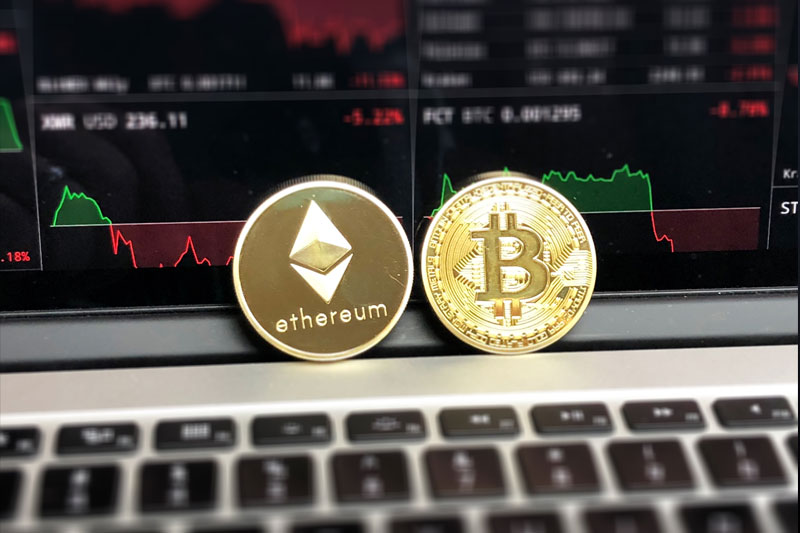The web has arguably been the biggest driver of economic and technological innovation in the 30 years since its invention. It has not only lowered barriers to publishing information and accessing that information, it has also changed peer-to-peer communication, in all senses of the term, across the globe. It has almost entirely swallowed whole media industries — publishing, television and cinema — while completely mainstreaming the notion of e-commerce and online payments.
For most of these 30 years, the web has been able to transform the world in an almost radically open-source way. For example, the HTML source code of any web page can be easily accessed through the browser. Any user can take a “look under the hood” in a way that wouldn’t have been possible through a “skinned” web, as it appeared in its earliest versions through service providers like America Online, CompuServe or Prodigy. In its earliest days, the web rewarded those companies that drove active engagement, interactivity, decentralization and a customized experience that was a 180-degree change from the most popular medium that preceded it — the passive television.
